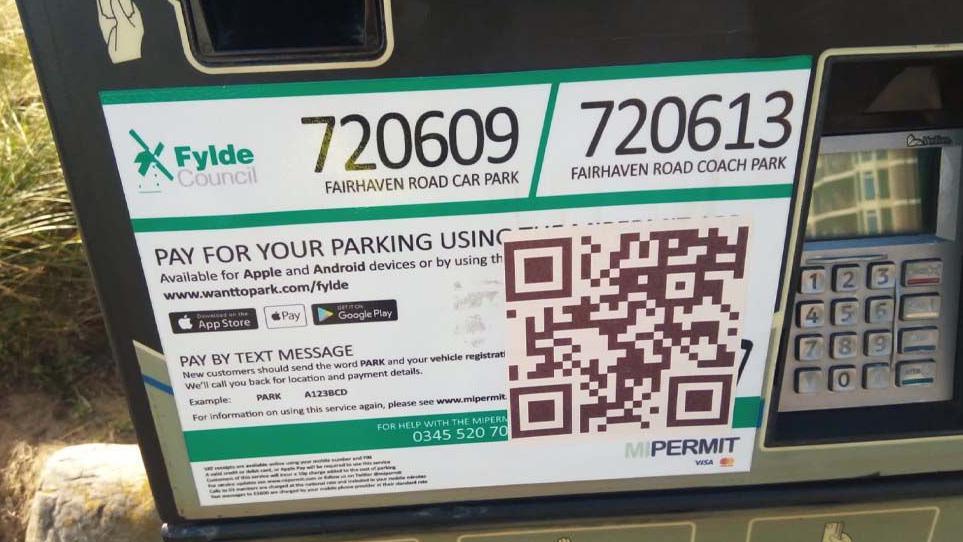'I fell victim to clever scam when trying to park'
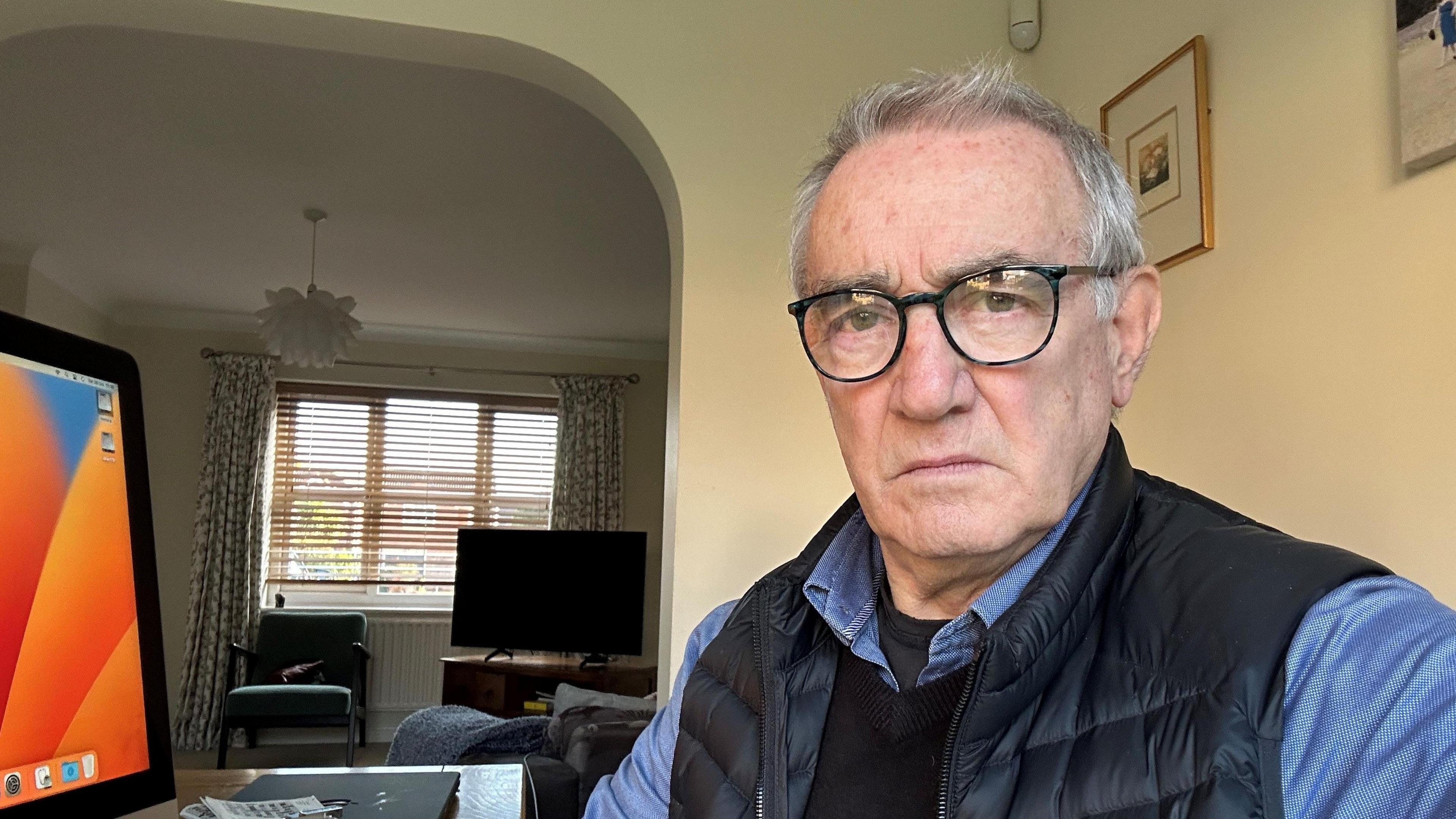
MIlton Haworth is one of thousands of people to have been targeted by a parking scam
- Published
A driver has warned others not to fall prey to "clever scams" after using an unauthorised app to park his car.
Milton Haworth downloaded the "Finda" app from a QR code he spotted while using a council-managed car park in Castleford, West Yorkshire, and agreed to a 90p fee for his bank details to be verified.
However, he was unknowingly then charged £39 for a subscription to the app, and after it was cancelled he was not offered a refund.
The Chartered Trading Standards Institute has warned that parking scams have become increasingly common, with fraudulent apps, bogus penalty notices and fake QR codes all being used. Action Fraud has recorded a sharp rise in reports related to parking.
'Emerging trend'
Mr Haworth, a photographer from Garforth, near Leeds, told BBC Radio 4's You and Yours programme: "You've got to be extra, extra careful. This is quite a clever scam - I think I'm quite savvy with IT and scams like that."
He scanned the code after he was told by another user of the car park that the pay and display machine was not accepting coin payments.
Wakefield Council said it had recently replaced signage at its car parks after becoming aware of the prevalence of parking scams, and when Mr Haworth returned to the site at Carlton Lanes, legitimate information about paying via mobile phone was displayed instead.
Action Fraud told You and Yours that so far this year, it had received 2,600 reports mentioning the word "parking" - double its daily recorded figures from 2022.
Increased awareness of the methods used by scammers is thought to be one of the reasons why more reports have been made. Incidents have been reported from across the country, from Bournemouth to Aberdeen.
Chartered Trading Standards Institute spokesperson Katherine Hart said QR code scams, such as the one Mr Haworth fell victim to, were among the most common.
"It's an emerging trend. It's increasing and we're seeing it everywhere now.
"The common factor is that they're trying to data harvest to financially exploit you at some point."
Ms Hart added that even when a company agreed to cancel a "subscription", they would often target the person again by sending a bogus parking ticket or posing as their bank.
Anyone who thinks they have been scammed should contact their bank.
'Shrouded in secrecy'
The issue has also caused problems for legitimate parking apps, such as RingGo, whose managing director Peter O'Driscoll said fake websites often tried to impersonate it.
He even advised the public to avoid scanning QR codes altogether unless they were displayed in a "closed environment" such as a restaurant or shop.
Mr Haworth, who said he was disappointed that his bank were unable to help reimburse the money, added: "It raises the question of how this company is being allowed to continue to openly steal from people. They are preying on people, many of them, like myself, getting on in years.
"They are deliberately shrouded in secrecy. I could not find the terms and conditions on my phone when I was at the car park.
"These signs should not be allowed to remain on parking meters."
An email sent to Mr Haworth by Finda stated that following a "24-hour trial" there would be a price increase, and that a monthly fee would be automatically taken if the subscription was not cancelled within the trial period.
Finda agreed to cancel the subscription and closed Mr Haworth's account.
When contacted by the BBC, Finda did not respond to the questions sent to them.
- Published26 October 2024
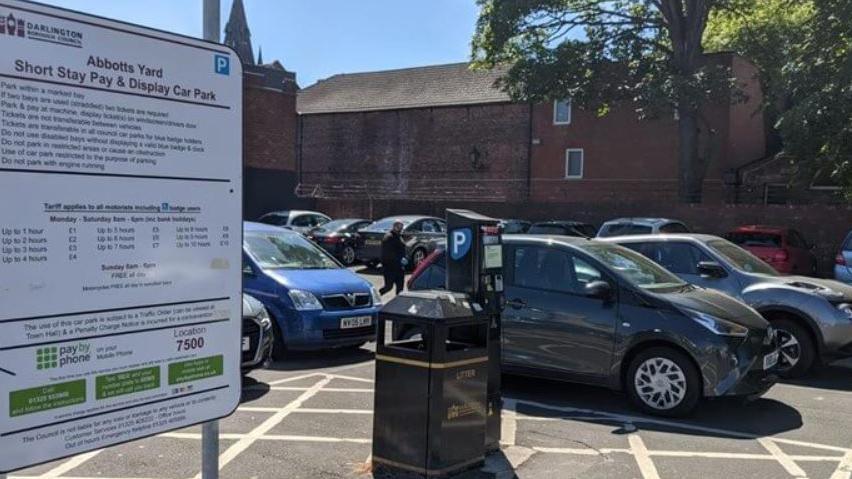
- Published15 October 2024
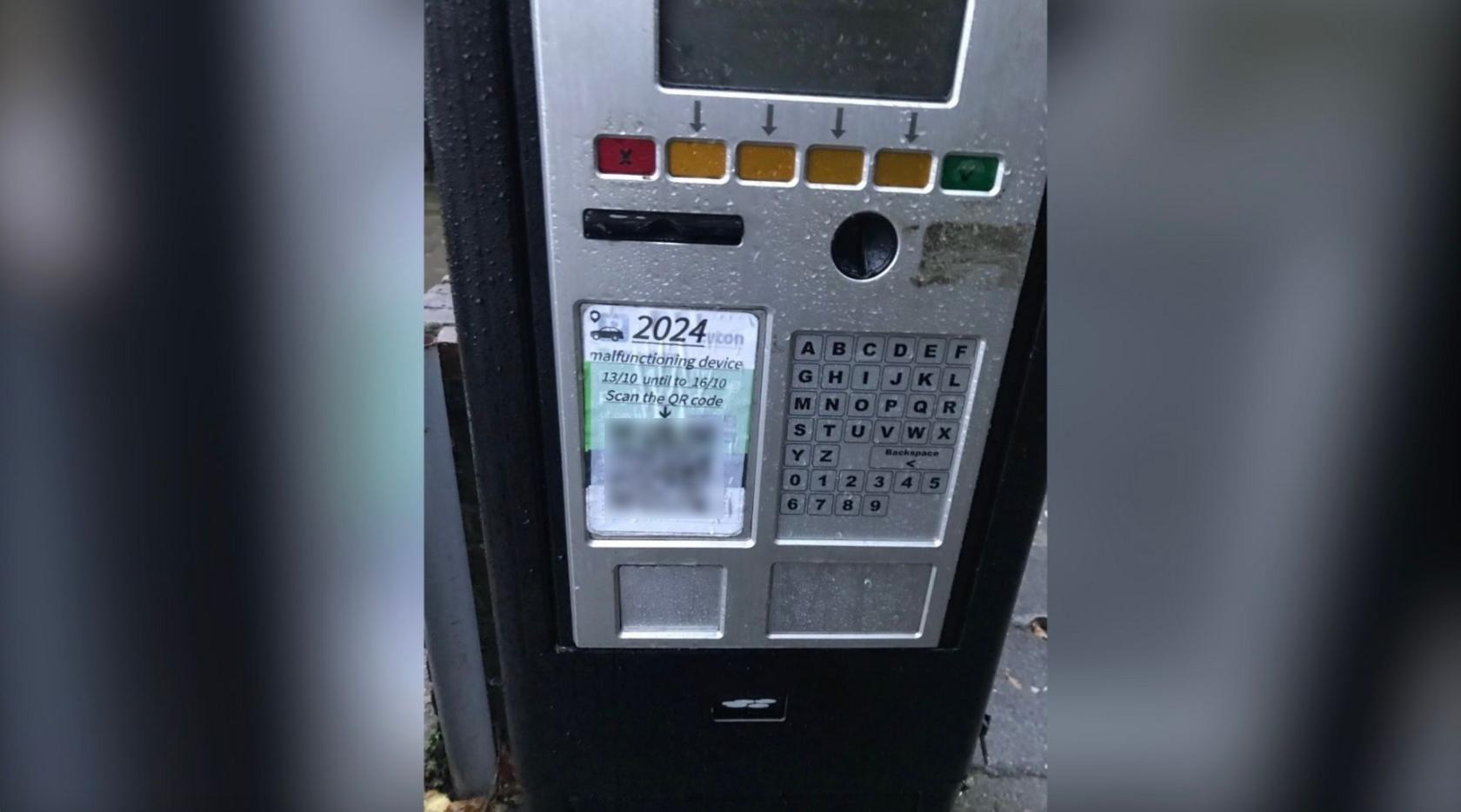
- Published25 July 2024
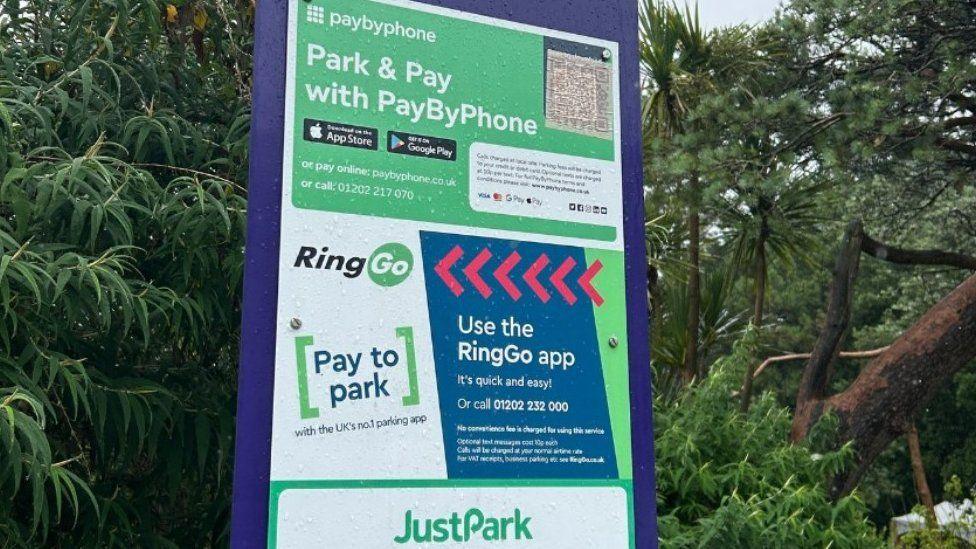
- Published26 June 2024
